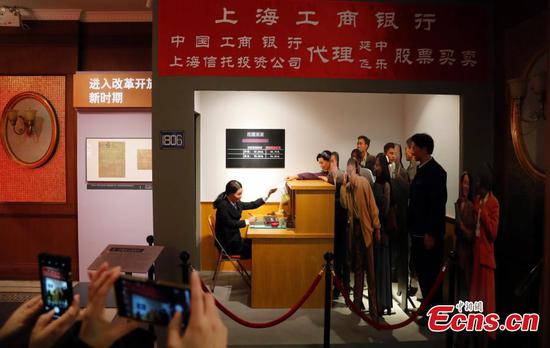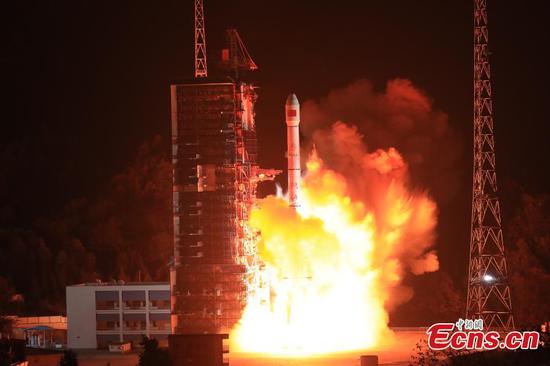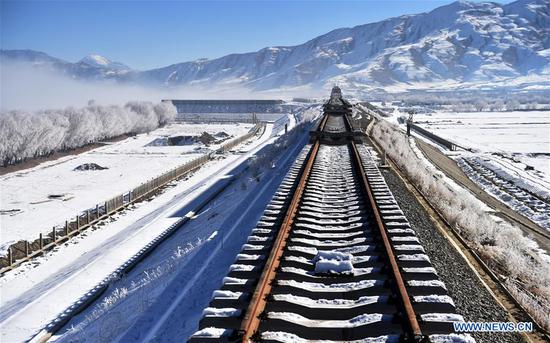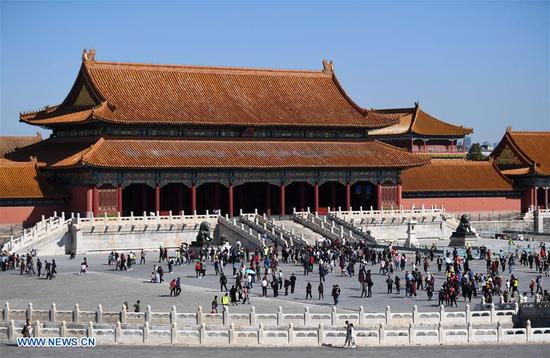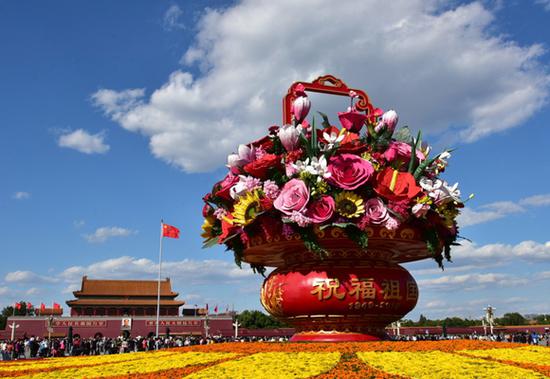China's further opening-up of its markets to foreign imports and investment will not only propel growth forward in the country but also boost the global economy, said a renowned U.S. expert.
China's measures for further opening-up will have ramifications that "are as profound as" the country's opening of its trade policy regime and accession to the WTO two decades ago, Sourabh Gupta, a senior fellow at the Washington-based Institute for China-America Studies, said in a recent interview.
"Foremost, it will promote structural reform domestically and help propel growth forward in China," Gupta said. "And because China is such a huge contributor to global growth and increasingly to global consumption too, the world economy will grow much more prosperous on the back of China's growth."
"In time, it will mean that China becomes a primary pillar of the global economic and monetary system. It will be a provider of capital, technology and knowhow overseas," he added.
As China's Renminbi internationalizes and its own capital markets deepen, the country will "become a provider of safe global financial assets," he said. "And as one of the world's largest importers, it will become one of the go-to global consumption markets that underpin global economic balance and stability."
China announced in 2018 a series of measures for further opening-up, including creating a better investment and business environment, lowering the tariffs on numerous consumer and industrial goods, and releasing a new negative list on foreign investments.
With a new round of tariff cuts coming into effect on Nov. 1, China's overall tariff rates have been reduced to 7.5 percent, lower than those of the most developing countries and beyond the commitment China made upon its accession to the World Trade Organization.
China has also made it clear that the country views all companies, both Chinese and foreign, as equals. With the full protection of the companies' legitimate rights and interests, China welcomes fair competition among them.















